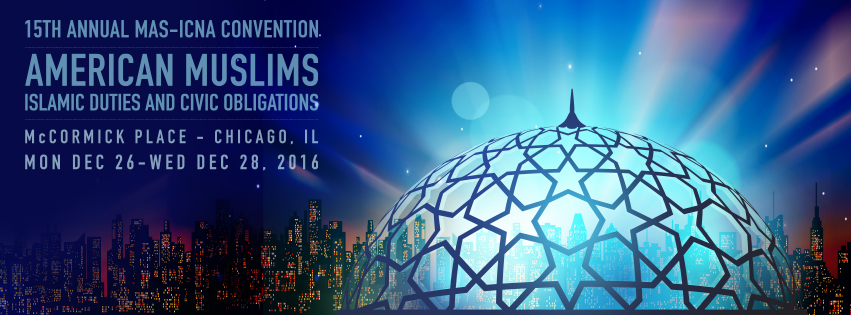My main point from this lecture at MAS16 MAS-ICNA Convention was to emphasise a much needed multi-disciplinary approach in re-reading the Quran to develop Islamic thought in current times. But who is the “scholar” who is going to read the Quran to develop contemporary thought? We have to end the jurists’ (fuqahaa) monopoly over the reading of the Quran for dealing with the realities of life and disciplines that they do not understand, and develop multi-disciplinary researchers to read the Quran for their own disciplines. The best reader of the Quran is a person of knowledge in more than one discipline who is at the same time faithful to the Quranic concepts. We cannot possibly approach the Quran from the perspective of one discipline only, and those who read the Quran for today cannot be only legal scholars (fuqahaa) in the strict sense of the word. Much of the history of Fiqh and its schools (other than the ‘Ibadat or acts of worship) is irrelevant for disciplines and systems of today, and a renewal is required by rising above the historical details and focusing on the divine objectives or Maqasid al Shariah, as understood from the Quran and its illustration (the Sunnah).

